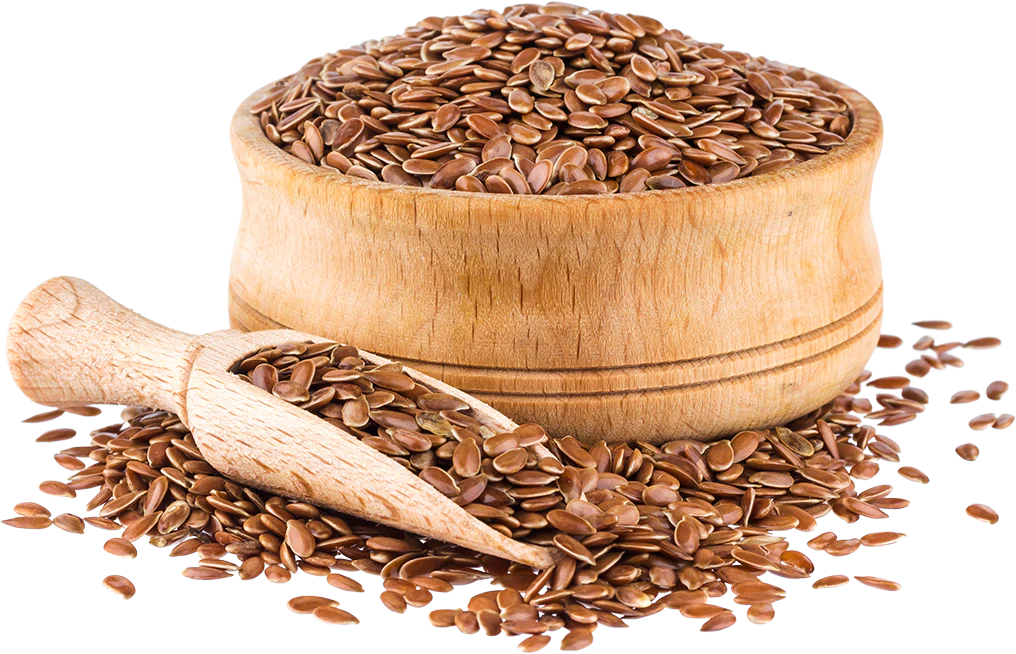Flaxseed, also known as linseed, is the seed of the flax plant (Linum usitatissimum). It has been cultivated for thousands of years and is valued for its nutritional and medicinal properties. Flaxseeds are small, shiny, and come in various colors, including golden and brown.
Nutritional Benefits: Flaxseeds are highly nutritious and are an excellent source of various essential nutrients, including:
Omega-3 fatty acids: Flaxseeds are one of the richest plant-based sources of alpha-linolenic acid (ALA), a type of omega-3 fatty acid that supports heart health and reduces inflammation.
Fiber: Flaxseeds are rich in both soluble and insoluble fiber, which aids in digestion, helps regulate blood sugar levels, and promotes a healthy gut.
Protein: Flaxseeds contain a good amount of plant-based protein, making them a valuable addition to vegetarian and vegan diets.
Lignans: Flaxseeds are the richest dietary source of lignans, which are phytochemicals with potential antioxidant and hormone-balancing properties.
Health Benefits: Including flaxseeds in your diet may offer various health benefits, such as:
Heart health:The omega-3 fatty acids and lignans in flaxseeds have been associated with a reduced risk of heart disease by lowering blood pressure, reducing cholesterol levels, and supporting overall cardiovascular health.
Digestive health: The high fiber content of flaxseeds promotes regular bowel movements and aids in digestive health.
Hormonal balance: The lignans in flaxseeds can have mild estrogenic effects, potentially offering benefits for hormonal balance in women.
Anti-inflammatory properties: The omega-3 fatty acids in flaxseeds may help reduce inflammation in the body, potentially benefiting conditions like arthritis and certain inflammatory disorders.
Ways to Consume Flaxseed: Flaxseeds can be consumed in various ways, such as:
Flaxseed oil: Flaxseed oil is a rich source of omega-3 fatty acids and can be used in salad dressings or drizzled over dishes after cooking. However, it is not suitable for high-heat cooking due to its low smoke point.
Whole flaxseeds: You can sprinkle whole flaxseeds on top of salads or incorporate them into granola or energy bars.
It’s essential to store flaxseeds properly to prevent them from going rancid. Whole flaxseeds can be stored in a cool, dark place, while ground flaxseeds and flaxseed oil should be kept in the refrigerator.
Before adding flaxseeds to your diet, especially if you have any existing health conditions or are taking medications, it’s a good idea to consult with a healthcare professional to ensure they’re safe and suitable for your specific needs.

